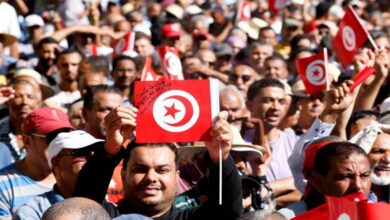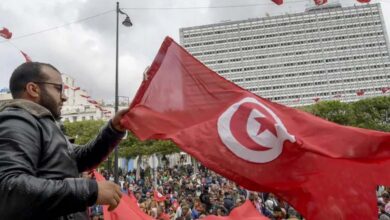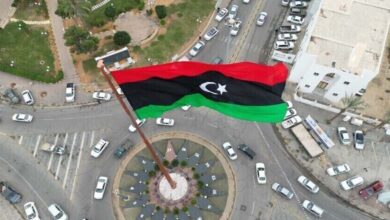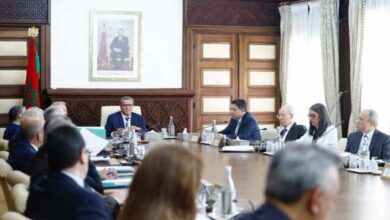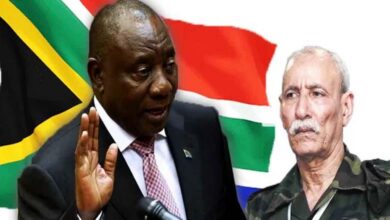Will Libya’s Muslim Brotherhood Succeed in Infiltrating Municipal Councils? A Libyan Affairs Researcher Answers
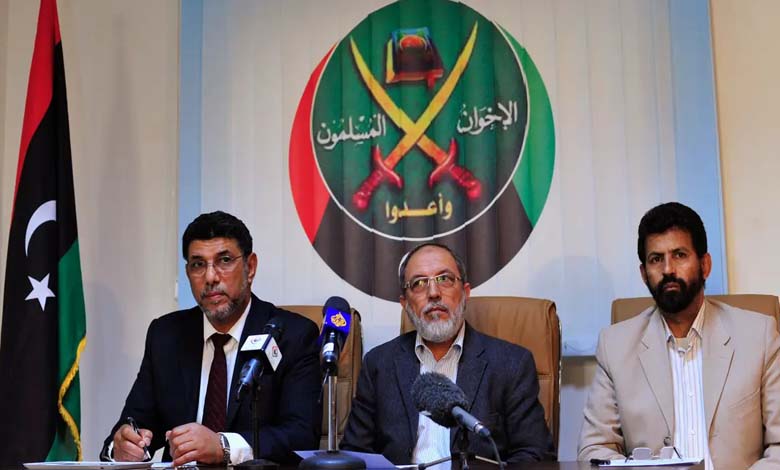
As Libyans hope for upcoming municipal council elections as a step toward overcoming the political crisis that has burdened the country, concerns have surfaced about the terrorist group, the Muslim Brotherhood, attempting to infiltrate these councils.
-
A financial corruption case… a scandalous revelation for the Muslim Brotherhood in Libya
-
The Mufti of the Muslim Brotherhood attacks the Libyan parliament… and talks about Western plans in collaboration with the Gaddafi regime
The High Electoral Commission set Thursday as the deadline for submitting candidacies for the municipal council elections. It clarified that municipalities with populations of 25,000 or fewer would have only seven members on the municipal council. Seats will be distributed through a list system: three general seats, one seat for women, one for people with disabilities, and two individual seats. The commission aims to hold elections in 60 municipalities this year.
Ahmed Orabi, a writer and political researcher specializing in Libyan affairs, said in an interview with the Al-Weeam website that the High Electoral Commission extended the voter registration period for municipal councils for the second time to allow for greater participation. However, he warned that the Muslim Brotherhood is seeking to infiltrate these councils, based on their previous experiences that enabled them to secure some seats, particularly in the western region.
-
Crime, violence, extortion, and looting of people’s properties and state resources… What are the Muslim Brotherhood doing in the Libyan capital?
-
Has Al-Siddiq Al-Kabir Abandoned the Muslim Brotherhood? New Alliances in Libya Raise Questions
The political researcher added, “In previous experiences, the government in the western region always rejected the election results and installed temporary councils under the Ministry of Local Affairs in its government to change the elected councils in its favor. However, I believe it is unlikely that the Muslim Brotherhood will succeed in infiltrating the municipal councils again through the upcoming elections, relying on the growing awareness of the ordinary citizen. The elections will be held in 17 municipalities in the southern region, 31 municipalities in the western region, and 12 municipalities in the eastern region.”
In recent days, observers have warned that the Muslim Brotherhood seeks to control the municipal councils, based on their past experiences, especially in the cities of Misrata, Zliten, and Al-Khums.
-
Libyan Leaders Agree to Form a Unified Government… Have the Muslim Brotherhood Abandoned Dbeibeh?
-
Libyan Muslim Brotherhoods Sense Danger… Details
They noted that the governments aligned with the Brotherhood refused to acknowledge election results if other lists won the seats, resorting instead to so-called interim councils appointed under the Ministry of Local Affairs, effectively replacing elected officials with appointed ones.
The elections will take place in 17 municipalities in the southern region, 31 in the western region, and 12 in the eastern region.






